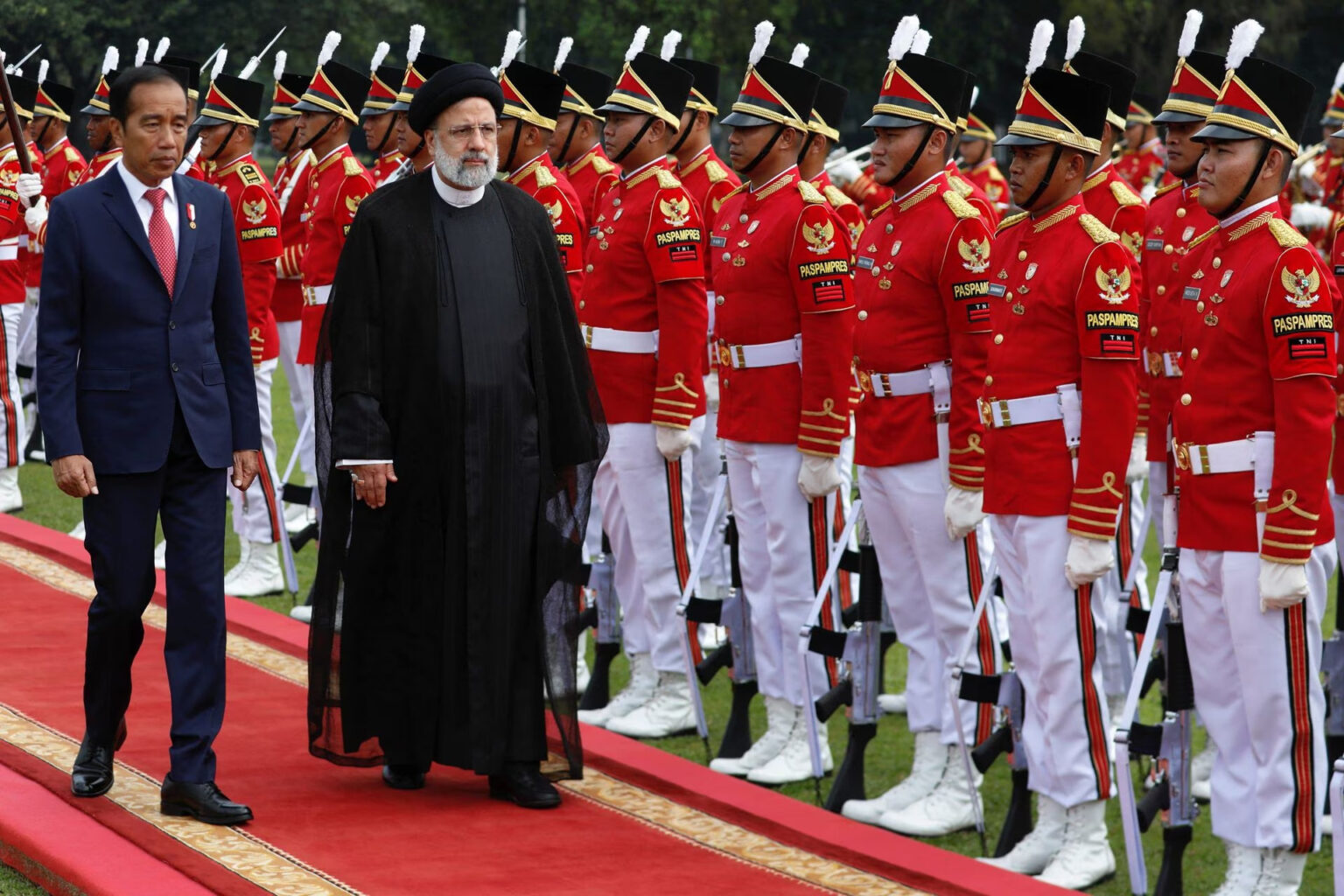Trade Deal Amid Heavy Western Sanctions
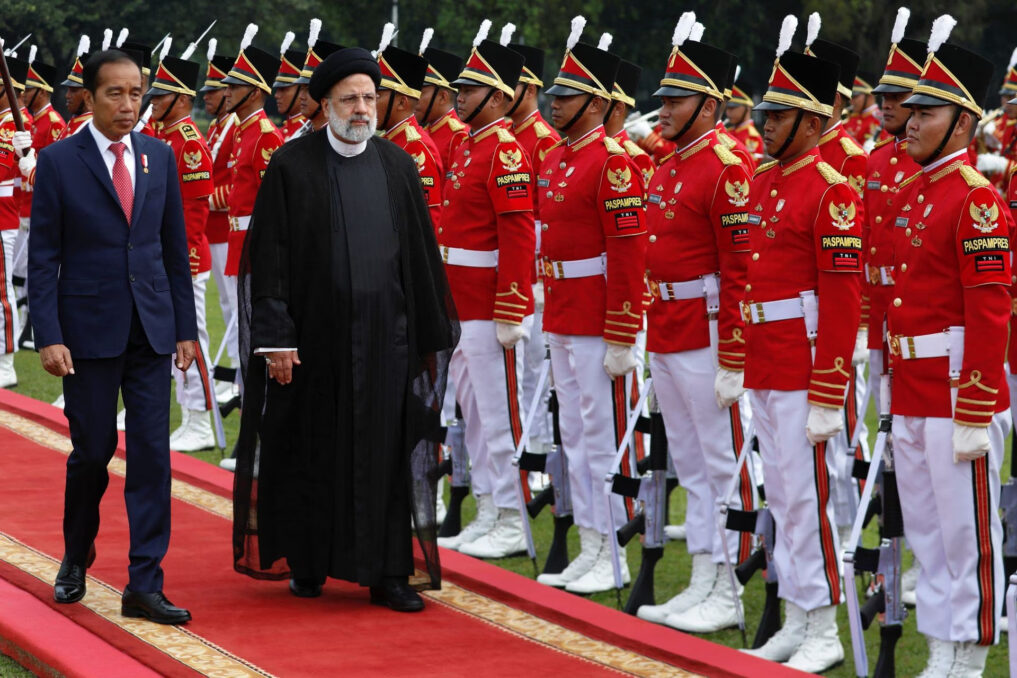
During the official visit of Iranian President Ebrahim Raisi, the leaders of Indonesia and Iran inked a preferential trade agreement on Tuesday to strengthen their economic ties.
Joko Widodo, the president of Indonesia, expressed his hopes that the pact “would increase trade between Indonesia and Iran” in a statement following a signing ceremony that was broadcast online by his cabinet secretariat. He did not disclose further information.
In the wake of the harsh crackdown by Iranian security forces on demonstrations against the country’s clerical leadership following the murder of a Kurdish woman in morality police custody last year, relations between Iran and the West have grown more strained, which is why Raisi made her visit.
Table of Contents
Trade Deal Amid Sanctions
Wide-ranging sanctions have been placed on Iran because of its alleged human rights violations and nuclear project by a number of nations, notably the United States.
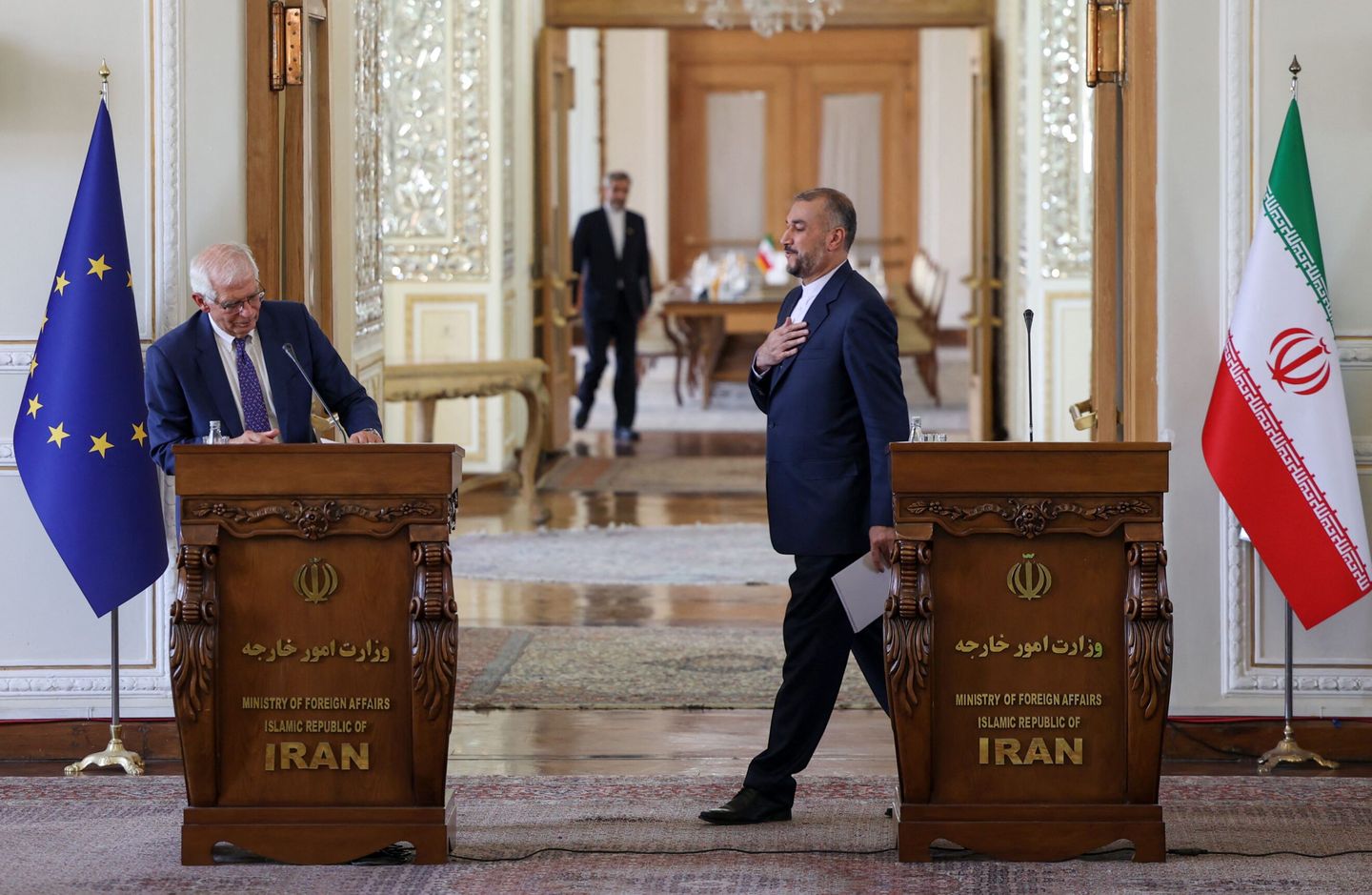
Following US sanctions on Iran, trade between Indonesia and Iran decreased from $715.5 million to $141.6 million in 2019.
Through a translator, Raisi declared on Tuesday that “sanctions and threats will not stop us.”
He continued, “Partnerships and relationships with neighbouring nations, Islamic nations, and nations with similar viewpoints are our priority.”
Indonesia Trade Relations
Djatmiko Bris Witjaksono, an official in Indonesia’s trade ministry, stated on Tuesday that the two nations had reached an agreement on a “countertrade” plan that would allow for the interchange of goods and services “without being constrained by scarcity or currency difficulties.”
According to the Indonesian commerce ministry, two-way trade between the countries is presently valued at roughly $250 million, with the Southeast Asian nation reporting a $200 million surplus.
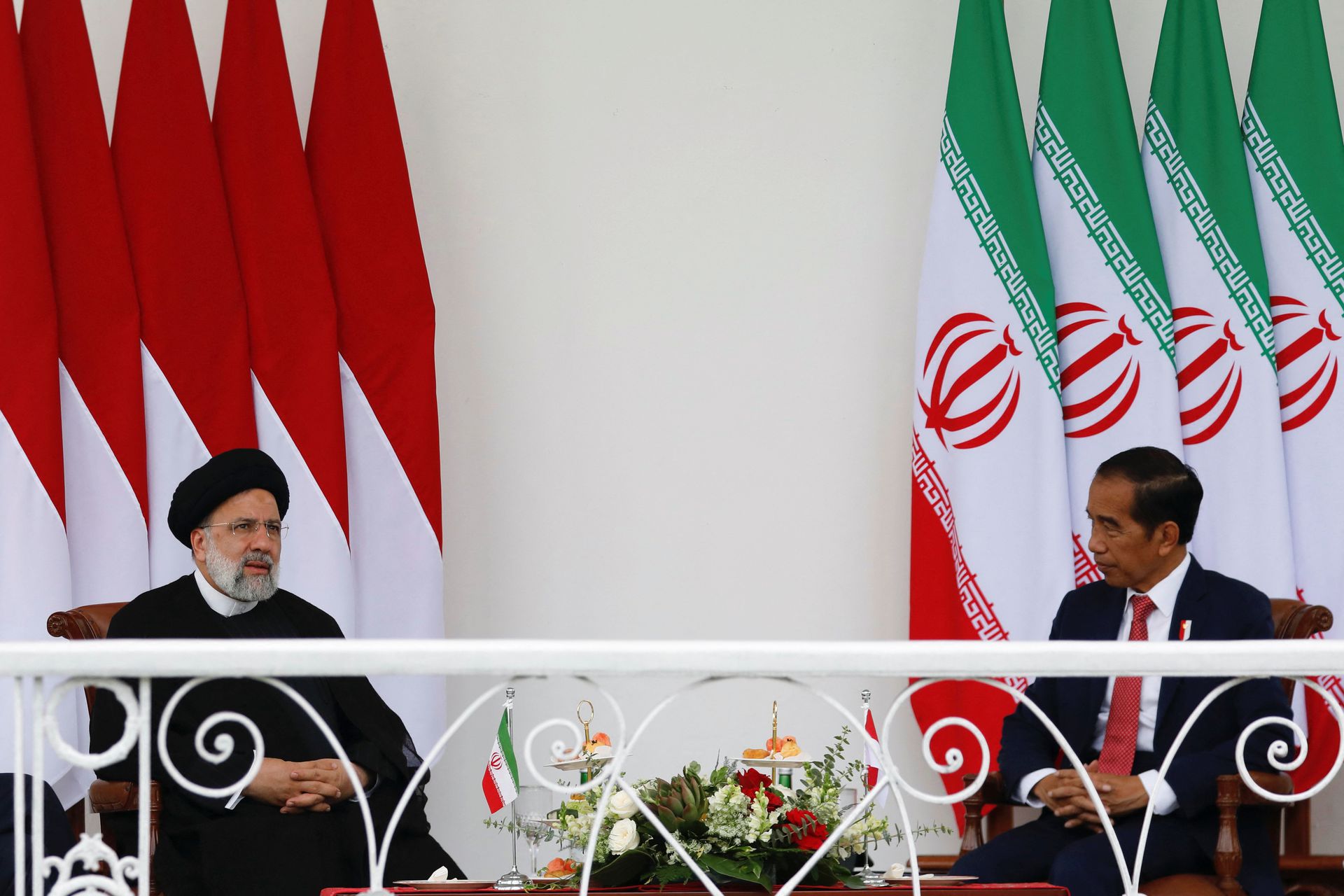
Indonesia is eager to increase trade with the Middle East and the surrounding region, Djatmiko told reporters on Monday.
Since we do not yet have a trade agreement with Turkey, he added, “Iran could be a gateway to the surrounding region, such as Central Asia… or even to Turkey.”
According to the agreement reached on Tuesday, Iran would grant Indonesia more access to goods such as processed foods, medicines, textiles, palm oil, coffee, and tea, while Indonesia would reduce tariffs on Iran’s metals, select dairy products, and oil and chemical products.
History of Iran-Indonesia Relations
There has been a long and complex history of diplomatic relations between Iran and Indonesia. Cultural, religious, and political connections between these two countries have formed their relationship, forging a connection that is still developing today.
Due to their shared Islamic background, Indonesia and Iran historically share cultural and religious links. Due to the enormous Muslim populations in both countries, encouraging understanding and collaboration has been made possible. Scholars, traders, and religious leaders have travelled back and forth between the two nations over the years, allowing knowledge exchange and fortifying the cultural connection.
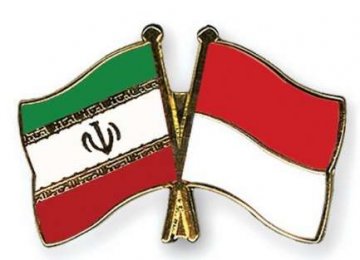
Iran and Indonesia established formal diplomatic ties on August 13, 1950. Since then, there have been a number of bilateral agreements between the two countries, mainly in the fields of trade, economy, education, and tourism. Both nations have made efforts to improve trade relationships and boost investment opportunities because they understand how important it is to deepen their economic ties.
Additionally, Iran and Indonesia have worked together on regional and global concerns, particularly via the Organisation of Islamic Cooperation (OIC). Both nations, who are engaged OIC members, have collaborated to address issues pertaining to Palestine, Islamophobia, and humanitarian crises as well as other problems that affect the Muslim world as a whole.
Iran and Indonesia have been fostering their relationship in recent years through high-level visits and greater collaboration in a number of areas. The two countries relations are being boosted through an increasing emphasis on cultural initiatives, educational scholarships, and people-to-people encounters.
In conclusion, shared religious and cultural links have facilitated understanding and cooperation throughout Indonesia-Iran relations history. The partnership has grown over time to involve many different areas of cooperation, demonstrating the commitment of both nations to fortify bilateral relationships and support regional and international stability.







